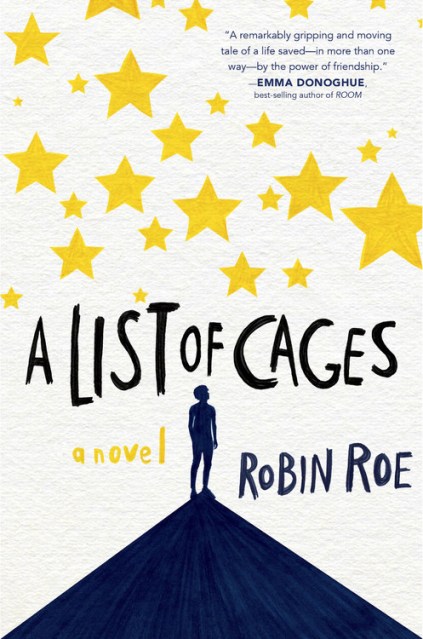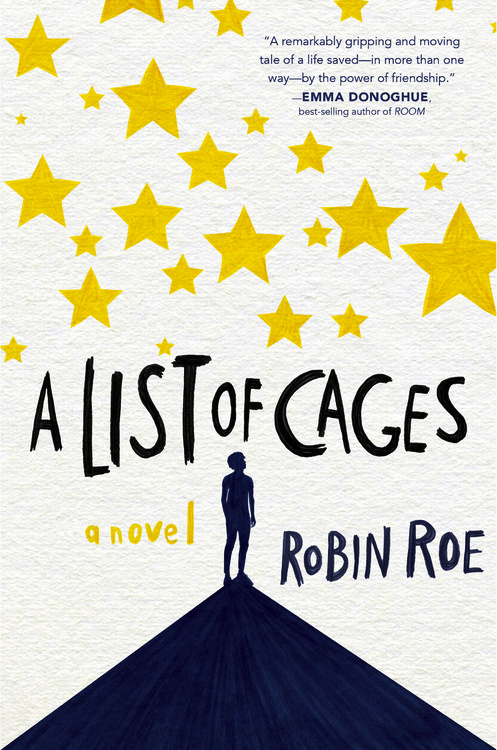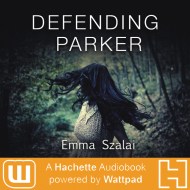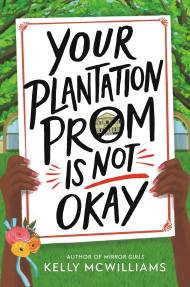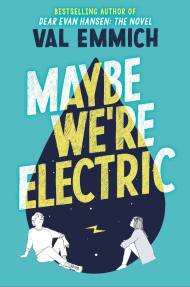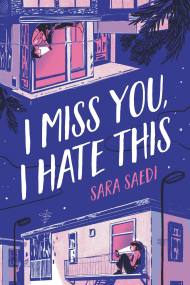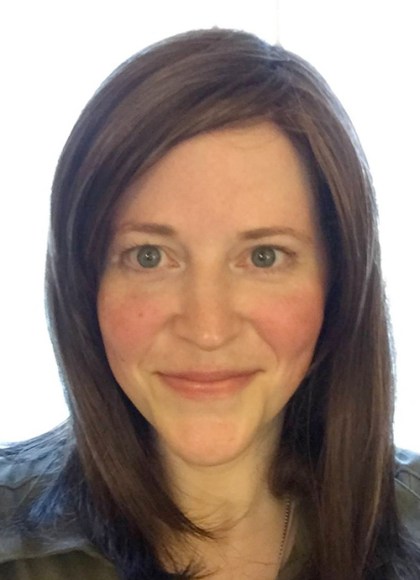Promotion
Use code MOM24 for 20% off site wide + free shipping over $45
A List of Cages
Contributors
By Robin Roe
Formats and Prices
Price
$17.99Price
$18.99 CADFormat
Format:
- Hardcover $17.99 $18.99 CAD
- ebook $7.99 $11.99 CAD
- Trade Paperback $10.99 $14.99 CAD
This item is a preorder. Your payment method will be charged immediately, and the product is expected to ship on or around January 10, 2017. This date is subject to change due to shipping delays beyond our control.
Also available from:
This “gripping and moving” story of two foster brothers sharply examines the impact of loss, grief, and abuse (Emma Donohgue, bestselling author of Room) – and celebrates the power of friendship.
When Adam Blake lands the best elective ever in his senior year, serving as an aide to the school psychologist, he thinks he’s got it made. Sure, it means a lot of sitting around, which isn’t easy for a guy with ADHD, but he can’t complain, since he gets to spend the period texting all his friends. Then the doctor asks him to track down the troubled freshman who keeps dodging her, and Adam discovers that the boy is Julian – the foster brother he hasn’t seen in five years.
Adam is ecstatic to be reunited. At first, Julian seems like the boy he once knew. He’s still kind hearted. He still writes stories and loves picture books meant for little kids. But as they spend more time together, Adam realizes that Julian is keeping secrets, like where he hides during the middle of the day, and what’s really going on inside his house. Adam is determined to help him, but his involvement could cost both boys their lives.
First-time novelist Robin Roe relied on life experience when writing this exquisite, gripping story featuring two lionhearted characters.
Genre:
- On Sale
- Jan 10, 2017
- Page Count
- 320 pages
- Publisher
- Little, Brown Books for Young Readers
- ISBN-13
- 9781484763803
Newsletter Signup
By clicking ‘Sign Up,’ I acknowledge that I have read and agree to Hachette Book Group’s Privacy Policy and Terms of Use
